In May 2022, WWF released its report “Europe eats the world” (now available in English, Polish, German, Portuguese and French). In this op-ed lead author, Jabier Ruiz, summarises the main pieces of evidence gathered, which show that, far from feeding the world, Europe consumes more than its fair share.
“Europe feeds the world” is a line often heard in EU policy debates and the media. A line often used to sideline calls to lower the impacts of European agriculture and to place “providing food” as the highest political priority. But is this line really true?
Read/Download WWF Report Europe Eats_The_World (EN)
This is the question we set out to answer when we started drafting our report in late 2021. Since then, the tragic war in Ukraine has only made the report more relevant, as our globalised and vulnerable food and energy systems have witnessed sharp rises in commodity prices amidst fears of shortages.
The report draws on a range of recently published research to explore the topic from different angles: we take a close look at the EU’s trade balance to see what food products we are really importing and exporting; examine the impacts of EU imports on ecosystems overseas; explore the EU’s agricultural production model; take a deep dive into seafood; and highlight the issue of food loss and waste. We shine a light on the evolving consumer attitudes, which show there is appetite for change, and set out some possible ways forward.
A glimpse into the content
Our predominant food system in Europe has undergone huge transformations over the last century, with global trade becoming a major element of it. Trade has enabled many millions of people around the world to enjoy more diverse food choices all year round, and it can improve access to a wider range of nutrients, especially in certain parts of the world. But the effects of international trade are not always positive.
The EU boasts about being the world’s largest exporter of agri-food products. However, this simple fact hides some uncomfortable truths. If we measure what actually matters in nutritional rather than economic terms, the picture changes drastically. When it comes to protein and calories, the EU has a significant trade deficit, as shown by analyses from IDDRI.
Our high levels of food production, consumption and exports are largely dependent on high imports of agricultural inputs such as animal feed or fertilisers. Transforming imported commodities like cocoa into high-value food products like chocolate may make economic sense, but does nothing to contribute to nutritional or food security.
The EU’s food system has severe environmental and social impacts, at home and abroad. Over the years, EU consumption has driven the loss of millions of hectares of forests and other natural ecosystems, fuelling climate change, biodiversity loss and social injustices; the EU remains the second-largest importer of products linked to deforestation.
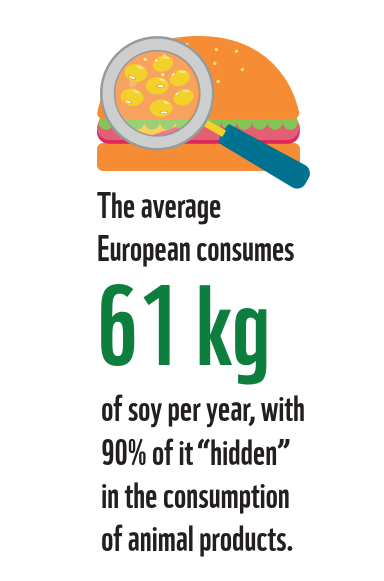 We produce more animal products than we consume, and we consume more than is good for us. To sustain this oversized livestock sector, we feed half the grain crops we grow to animals, while our intensive agricultural practices damage biodiversity, soil health and the climate. Vast quantities of food are also wasted, including on farms – which, contrary to popular belief, is a greater problem in Europe than in low-income countries.
We produce more animal products than we consume, and we consume more than is good for us. To sustain this oversized livestock sector, we feed half the grain crops we grow to animals, while our intensive agricultural practices damage biodiversity, soil health and the climate. Vast quantities of food are also wasted, including on farms – which, contrary to popular belief, is a greater problem in Europe than in low-income countries.
And if we look beyond agri-food trade, we also observe that the EU is the world’s largest seafood importer, importing almost 60% of what it consumes. Some of this seafood comes from tropical regions where local communities rely on these fish stocks for protein, but are facing declining catches due to overfishing and climate change.
Policy conclusions
All in all, the evidence we gathered in this report makes it crystal clear: if our wasteful and impactful food consumption does not change, making our food system sustainable will always remain beyond reach. It is time to leave behind spurious “feed the world” narratives. The fact is, the EU consumes more than its fair share and we urgently need to address this if we are to build a food system fit for the future.
Changes in consumption are happening, but not at the required speed and scale. EU policies have a key role to play in accelerating this transformation while leaving no-one behind. Policy-makers cannot continue shying away from acting on food consumption – the upcoming EU Sustainable Food Systems law needs to become a turning point in this regard.
This new framework law should establish clear objectives for healthy and sustainable diets, and serve as a basis to launch new EU policies in this area, and to revise existing ones to ensure consistency. These policy initiatives cannot be focused only on a sustainability assessment of food products, designed to inform food businesses and consumers through labels, although this would be welcome. Neither can they rely solely on the limited agency of informed consumers to make better choices and drive demand for sustainable food.
Instead, food consumption policies must prioritise strategic interventions to reshape the context in which food choices are made. Policies can help create the conditions for faster and far-reaching changes in food consumption by targeting changes in factors such as food prices, promotions and advertising, food characteristics and labelling, or retail and restaurant offers.
Additionally, this new law is an opportunity to establish more inclusive and participatory policymaking processes. Involving all food system actors, particularly those with less voice, can create the more adaptable, reactive policy framework that the complexity of food systems requires. With action needed at multiple scales and governance levels, the EU’s legislative framework for sustainable food systems must also guide and support local, regional and national initiatives and decision-makers, helping create pathways for a just transition.
Jabier Ruiz is Senior Policy Officer, Agriculture and Sustainable Food Systems at WWF-European Policy Office
More
Graduation then Desertion – French Ag Students Opting for a Different Path
War in Ukraine and World Food – What options does the international community have?
UK Post-Brexit Farm Schemes – Revolution, Evolution or Anti-climax?
Women Used To Dominate The Beer Industry – Until The Witch Accusations Started Pouring In

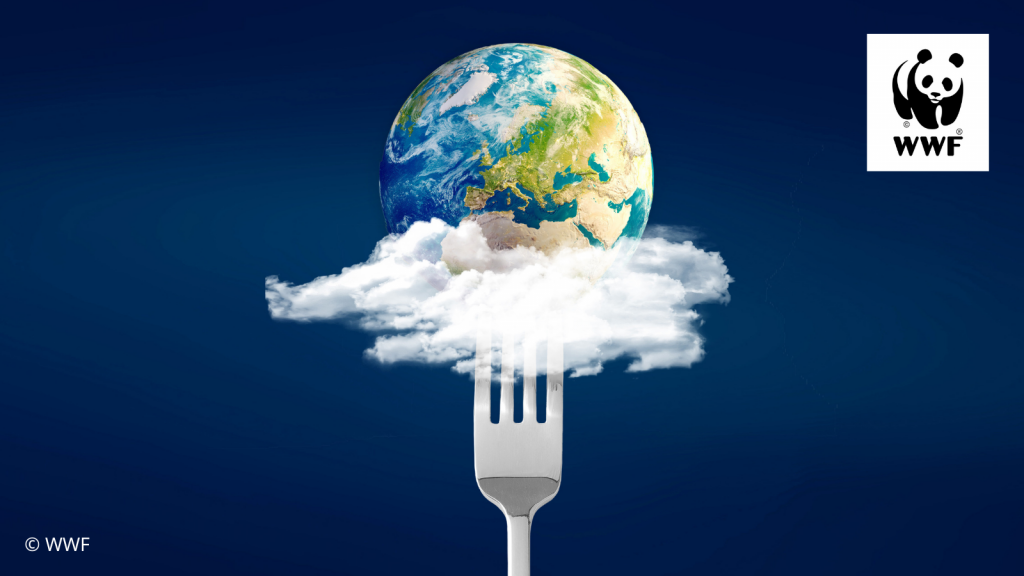
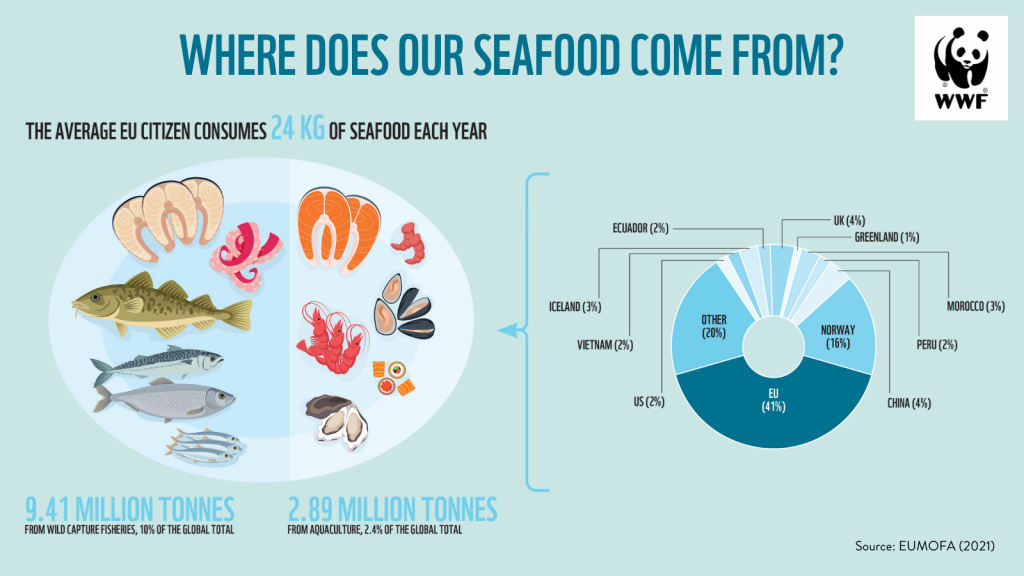


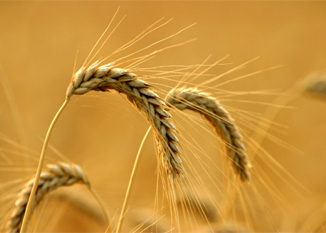
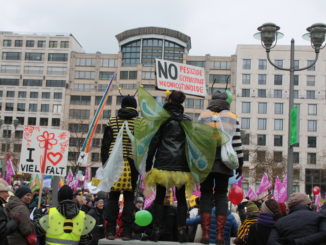
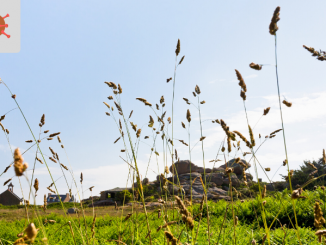
1 Trackback / Pingback
Comments are closed.